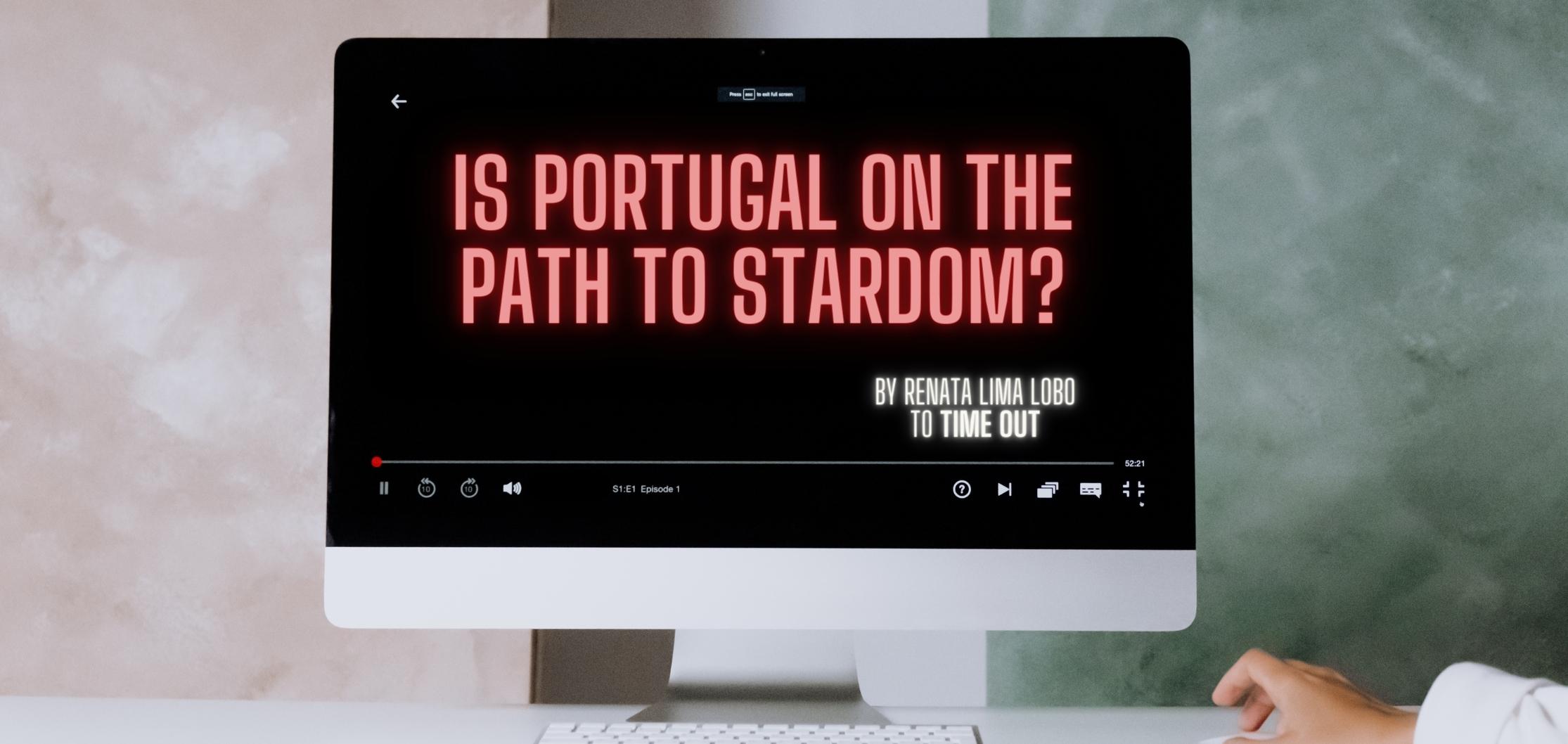Is Portugal on the path to stardom?
In recent years, the public television service has provided unprecedented support for audiovisual production. José Fragoso, RTP's Director of Programming, speaks of a commitment from the public channel, which already has several productions in the
Netflix, HBO Max and Prime Video catalogues, thanks to the growing investment. But there is still a long way to go. "RTP has started investing more per episode. We're talking about an area that is very competitive internationally, and it seems like a lot of money when we say we invest €100,000 per episode. But when we go to Spain, €1 million doesn't compare to €100,000," says Fragoso.
The Portugal Film Commission has had a programme of tax incentives for production since 2018. The "cash rebate" that is available unde the Fund for Tourism and Cinema is aimed at film and audio-visual production and at attracting international productions to shoot in Portugal. In addition to these incentives, a law has also come into effect that obliges streaming platforms such as Netflix and Disney+ to invest in locally produced series. "This will be the first year in which we will calculate what each platform has to invest in Portugal," Fragoso adds. Co-productions can be one way of achieving this, a possibility that began to be explored even before this became a legal obligation, with such series as Operation Maré Negra (a co-production between RTP and Prime Video) and Motel Valkirias
(RTP and HBO Max). On the other hand, the streaming services can choose to double down and invest in creating "originais".
Founded in 2017 to give a voice to Portuguese stories beyond íts borders, SPi will go down in Portuguese history for producing the first original series with the Netflix stamp: Glória, created by Pedro Lopes. Then, in May, it was joined by anothèr original production, this time from Ukbar Filmes: Turn ofthe Tide. In addition to being the creator of Glória, Pedro Lopes is also the managing director of content at SPi. "Obviously, the platforms have changed the content distribution model," he says, adding the expectation is that "we can produce more TV series that can travei and be successful beyond our borders." Pedro believes there is room for more support. "If we look at the numbers, we see it's an important industry that employs thousands and which is generating products that promote Portuguese language and culture."
Nuno Lopes in White Lines (Netflix), Albano Jerónimo in Vikings (Netflix) and Joana Ribeiro in Das Boot (SkyShowtime) are just three examples of Portuguese actors who have
found their way into international productions with the help of Passaporte. Created by casting director Patrícia Vasconcelos, Passaporte is an annual programme that bridges the gap between national talent and casting directors from around the world. "The idea is to reverse the circuit: it is usually the actor who goes around knocking on doors abroad. I thought about inviting
the top casting directors to come here and get to know our national talent. What happened is that I think this was a good coincidence, because it carne about just when the streaming services were opening up. It coincided with the need to discover new faces, which was also convenient for the casting directors," says Patrícia, who has also helped put Portugal on the map.
